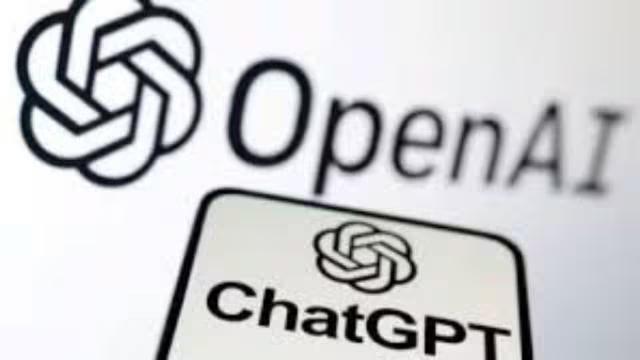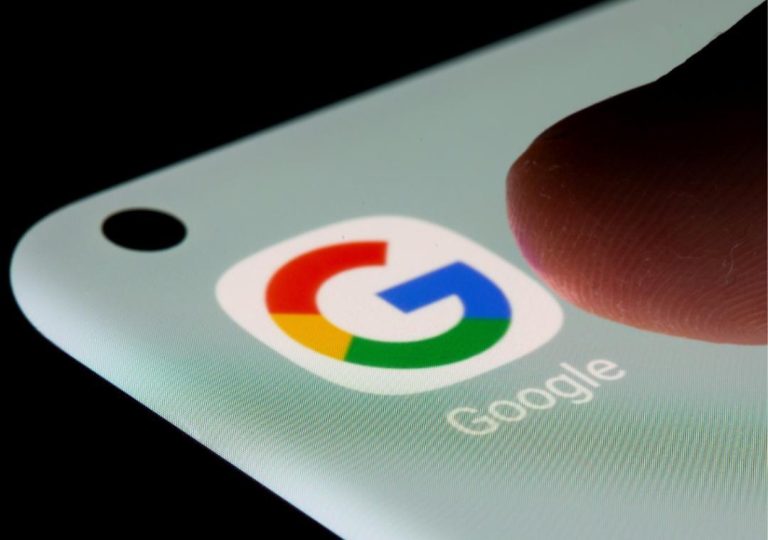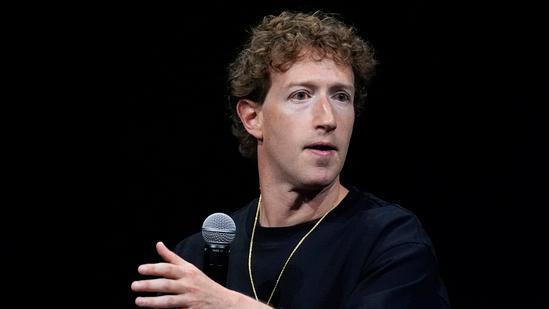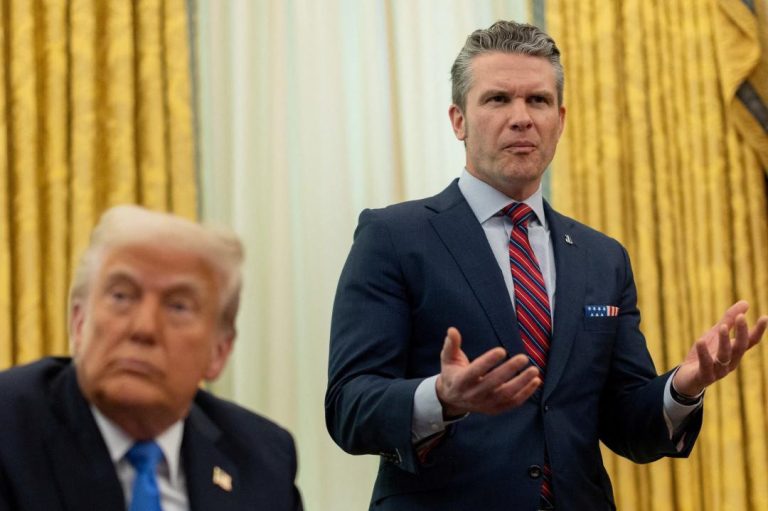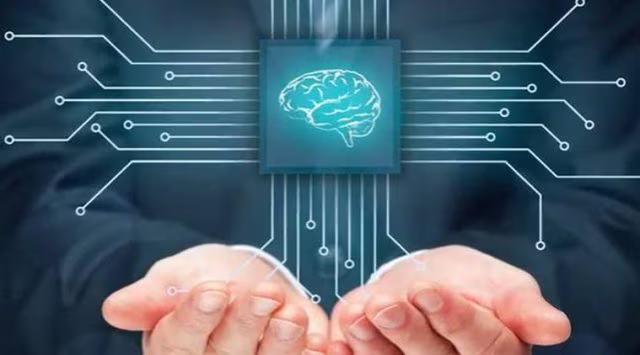
AI in Healthcare Can Add $30-billion to India’s GDP by 2025: Report
The healthcare sector is one of the most crucial industries in any country, and the application of Artificial Intelligence (AI) in this sector is expected to have a profound impact on the economy. According to a recent report by Deloitte, the use of AI in healthcare is expected to contribute a whopping $25-$30 billion to India’s GDP by 2025. This is a significant increase from the current AI adoption rate in other sectors such as FMCG (30%) and manufacturing (25%).
The report highlights the growing importance of AI in the healthcare sector, as it has the potential to revolutionize the way healthcare services are delivered. AI can help in diagnosing diseases more accurately, developing personalized treatment plans, and improving patient outcomes. Additionally, AI can also help in reducing healthcare costs by streamlining administrative tasks, improving operational efficiency, and enhancing patient engagement.
Government-backed initiatives are also playing a crucial role in promoting the adoption of AI in the healthcare sector. The Indian government has launched several initiatives aimed at digitally empowering the healthcare ecosystem, resulting in enhanced accessibility and treatment outcomes. For instance, the government has launched the “Healthcare Technology” platform, which aims to provide a platform for healthcare professionals to share knowledge, best practices, and innovative solutions.
The report also highlights the potential benefits of AI adoption in healthcare, including improved patient outcomes, reduced healthcare costs, and enhanced patient engagement. AI can also help in reducing the workload of healthcare professionals, allowing them to focus on more complex and high-value tasks. Additionally, AI can also help in improving the overall efficiency of healthcare services, resulting in better patient care and improved healthcare outcomes.
The report also identifies some of the key challenges facing the adoption of AI in healthcare, including data quality, data security, and regulatory hurdles. However, the report suggests that these challenges can be overcome by implementing proper data management and security measures, and by working closely with regulatory authorities to ensure compliance with existing regulations.
The report also highlights the potential of AI to improve healthcare outcomes in India, particularly in the areas of disease diagnosis and treatment. AI can help in identifying diseases earlier, improving treatment outcomes, and reducing the risk of complications. Additionally, AI can also help in improving patient engagement, by providing personalized health advice and recommendations.
The report also identifies some of the key areas where AI can be applied in healthcare, including:
- Predictive analytics: AI can help in predicting patient outcomes, identifying high-risk patients, and optimizing treatment plans.
- Natural Language Processing (NLP): AI can help in analyzing patient data, identifying patterns, and providing personalized health advice.
- Computer Vision: AI can help in analyzing medical images, identifying diseases, and improving diagnosis accuracy.
- Robotics and Automation: AI can help in automating routine tasks, improving operational efficiency, and enhancing patient care.
In conclusion, the report suggests that AI has the potential to revolutionize the healthcare sector in India, by improving patient outcomes, reducing healthcare costs, and enhancing patient engagement. The government-backed initiatives and private sector investments in AI are expected to drive growth in the healthcare sector, resulting in significant economic benefits. As the report suggests, AI in healthcare can add $30 billion to India’s GDP by 2025, making it a crucial sector for the country’s economic growth.
Source:
